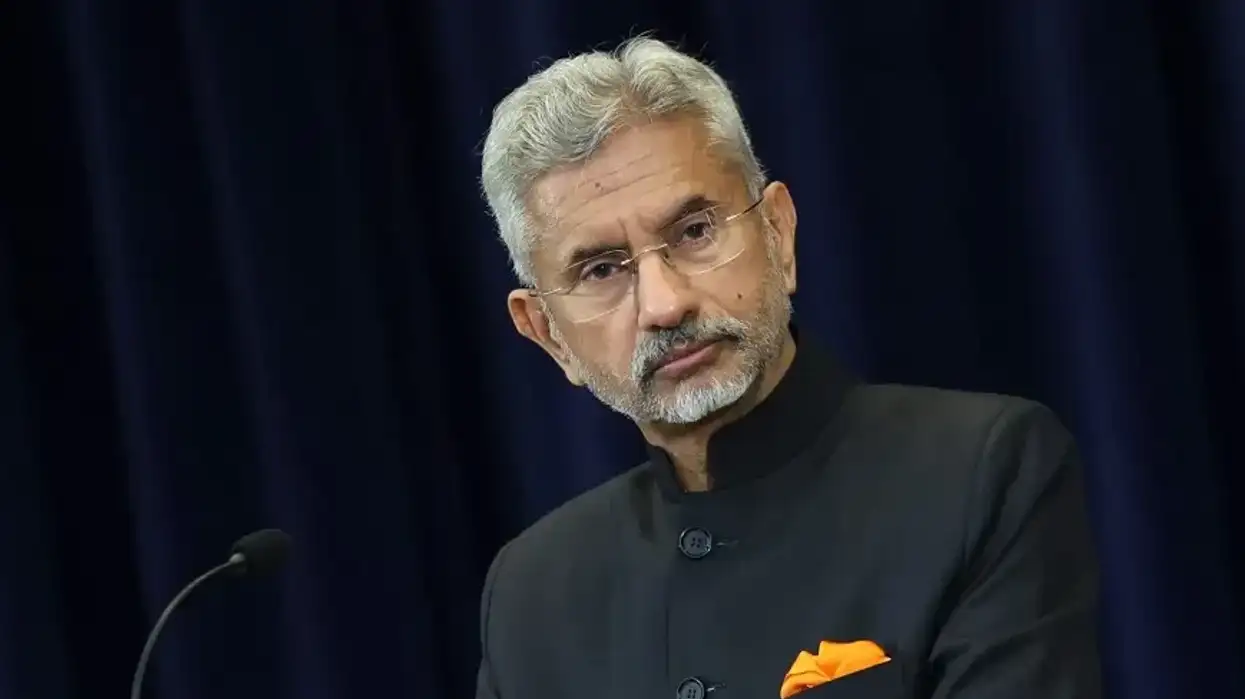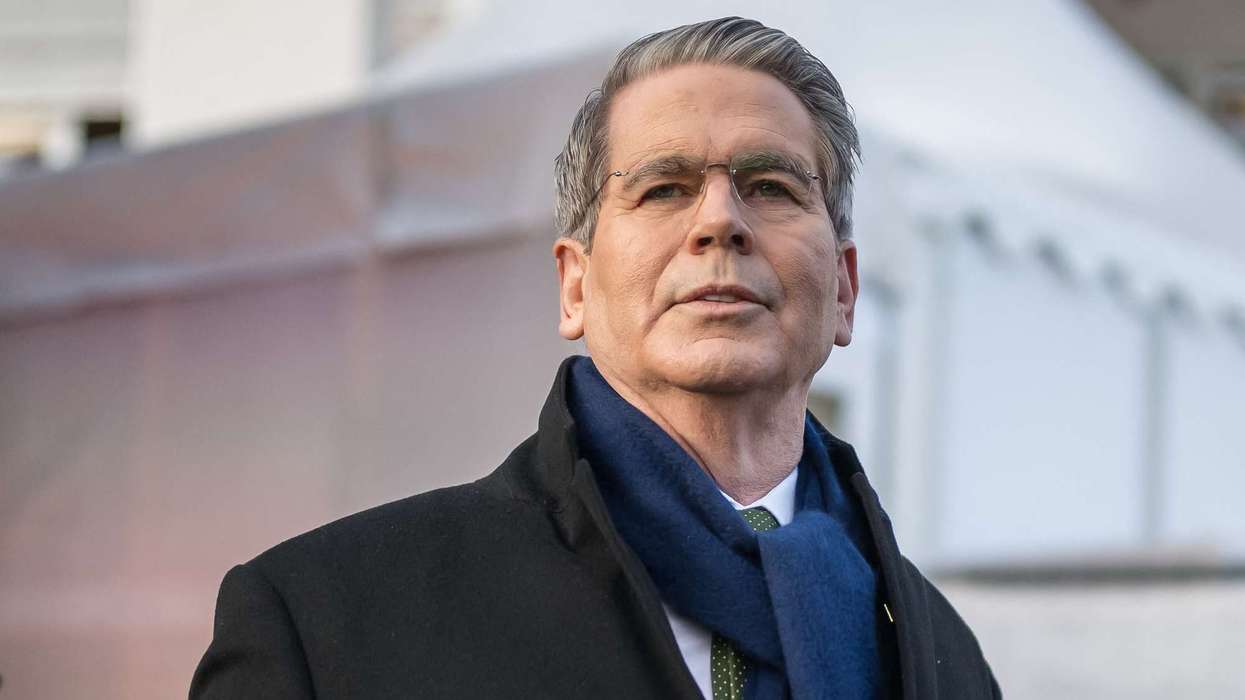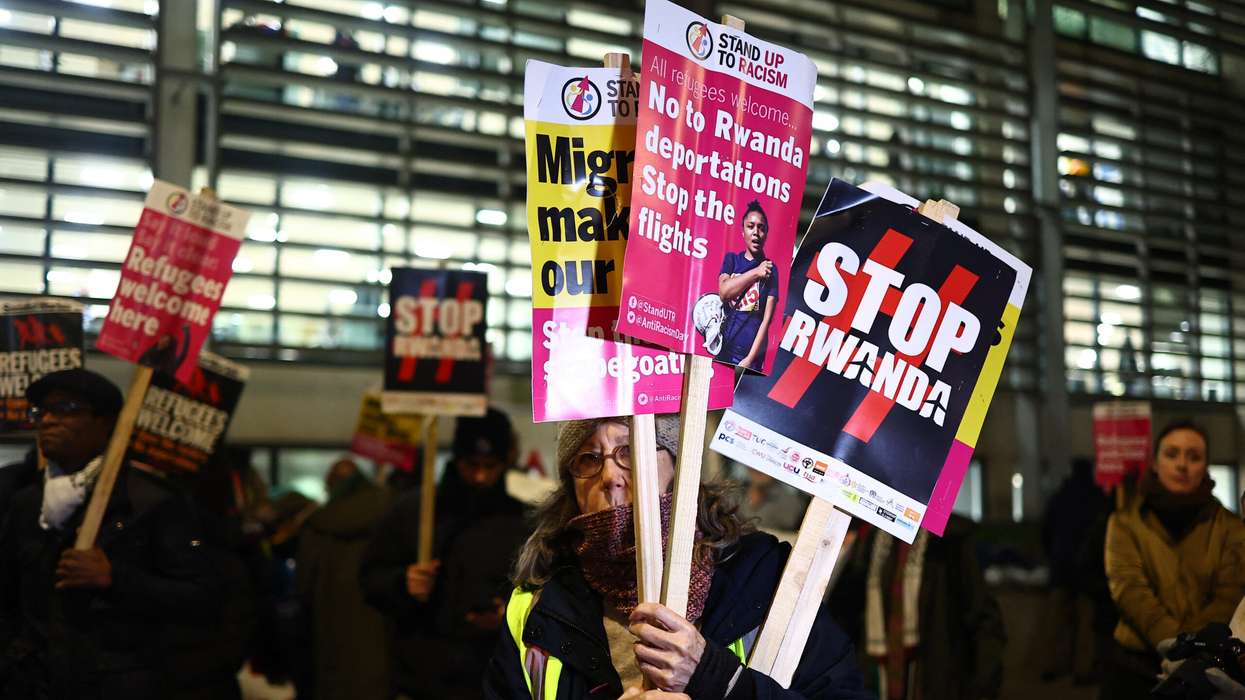INDIA's external affairs minister S Jaishankar has said India would strike deep into Pakistan if provoked by terrorist attacks, and warned of retribution against terrorist organisations and their leaders in response to incidents like the Pahalgam attack.
Speaking to Politico on Monday, Jaishankar, who is currently in Europe a month after India launched Operation Sindoor, said Pakistan was training “thousands” of terrorists “in the open” and “unleashing” them on India.
“We are not going to live with it. So our message to them is that if you continue to do the kind of barbaric acts which they did in April, then there is going to be retribution, and that retribution will be against the terrorist organisations and the terrorist leadership,” he said.
“We don't care where they are. If they are deep in Pakistan, we will go deep into Pakistan,” he added.
Tensions between India and Pakistan rose after the April 22 terror attack in Pahalgam that killed 26 people. India responded with precision strikes on terror infrastructure in Pakistan and Pakistan-occupied Kashmir on May 7.
The hostilities lasted four days and ended on May 10 following talks between the directors general of military operations.
Causes and consequences
Jaishankar said the root causes of the conflict remain.
“It (Pakistan) is a country very steeped in its use of terrorism as an instrument of state policy. That is the whole issue,” he told Politico.
Asked if the conditions that led to last month’s war-like situation still existed, he said, “If you call the commitment to terrorism a source of tension, absolutely, it is.”
On losses, he said relevant authorities would communicate details when ready.
Jaishankar said India’s fighter aircraft and missiles inflicted greater damage on the Pakistani Air Force than the other way around, and that this forced Pakistan to seek peace.
“As far I'm concerned, how effective the Rafale was or frankly, how effective other systems were — to me the proof of the pudding are the destroyed and disabled airfields on the Pakistani side,” he said.
“The fighting stopped on the 10th for one reason and one reason only, which was that on the 10th morning, we hit these eight Pakistani, the main eight Pakistani airfields and disabled them,” he added, noting that satellite images are available on Google showing damaged runways and hangars.
Jaishankar is on a week-long visit to Europe, during which he will meet leaders in the European Union, Belgium and France to strengthen bilateral ties and reiterate India’s zero-tolerance policy on terrorism.





